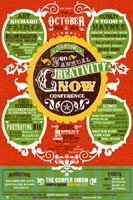Interview: Jonathan Caouette
A 10th anniversary screening of his acclaimed film “Tarnation” and a new queer exhibition

On 8 October 2004, “Tarnation“—a film with a $218.32 budget—was released to American audiences. The documentary was unlike anything anyone had seen before. It was 88 minutes of emotional, kinetic storytelling culled from 20 years worth of photographs, answering machine messages, videotapes and Super 8 footage. Director Jonathan Caouette meticulously edited the film (on the free Mac software iMovie), maximizing impact, as he shared the story of his early life and relationship to his mother. The film would grace many festivals and win plenty of awards and, 10 years later, it still resonates powerfully with anyone grasping for hope, struggling with mental health issues or surrounding loved ones undergoing either.
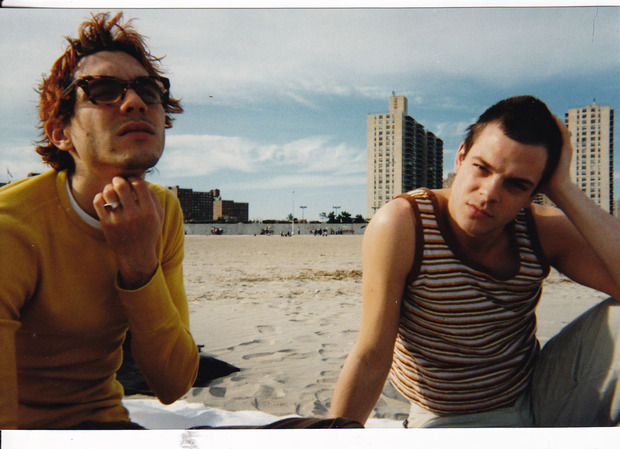
Caouette would continue to direct films and music videos. He would also revisit the subject of his mother with the cinematic follow-up film, “Walk Away Renée.” A decade after its release, “Tarnation” will be screening at Brooklyn Academy of Music tomorrow, Friday 18 April 2014. Both the director and the film’s Executive Producer John Cameron Mitchell will be present. Caouette spoke with CH about the film, and how it feels a decade later.
How does it feel knowing you created this film more than 10 years ago?
I have no sense of time passing, in the way that time used to pass for me. I don’t know if that’s a symptom of living in New York, or sitting in this one note of atmosphere within my apartment. It’s mind-blowing to be honest, it doesn’t feel like 10 years at all to me. I think there’s just something, when something significant happens in someone’s life—making a film that inadvertently makes a splash or, God forbid, something traumatic, that leaves an indelible impression, that’s when time probably became skewed for me. I am super-grateful and kind of amazed that I have been able to make something that’s having its 10 year anniversary. I’m also curious to see how it plays in this 2014, post-internet cacophony.
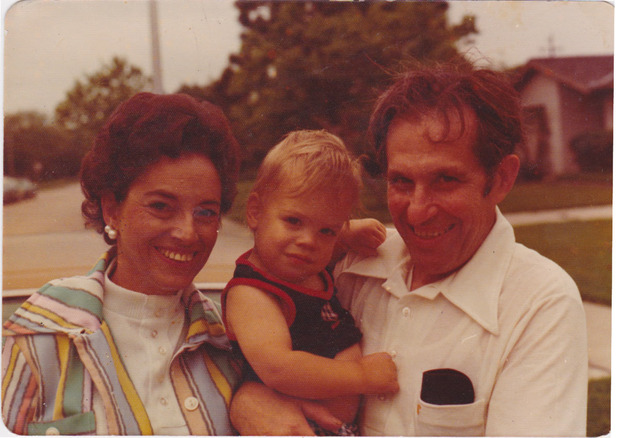
How often have you re-watched it?
I haven’t seen it in while. I had a screening at the Pompidou for an unofficial 10 year anniversary, in conjunction with another program I was doing. I didn’t watch it then. It’s been a while. I remember five or six years ago at a university screening, I walked in after the film and I remember one of the questions was, “How is this movie different than a YouTube clip?” I didn’t know how to answer it. That was her perception of it. It was a pretty valid question. That said, YouTube hadn’t been invented then, but I do not know how today’s remix culture would react in these situations, enduring the circumstances necessary to make something like this.
Have you made any changes for this release?
No, there haven’t been changes. If I can find time to come up for air, the actual official 10 year anniversary is in October. I was hoping that—I don’t think it will happen, maybe for the 15th—but I was hoping that I could release a book with various versions of the film and alternate endings and a documentary about the documentary. Maybe I could take a stab at tweaking or trying to augment one of the original versions, which was a lot longer and more impressionistic.
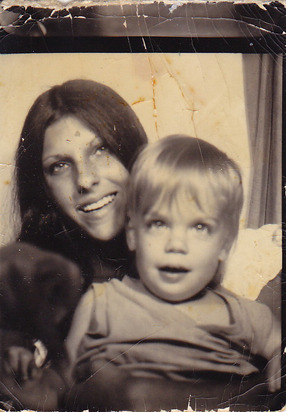
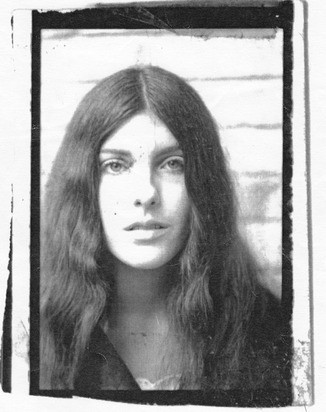
This film was a film that I had inadvertently been making most of my life, since I was 11.
Where did “Tarnation” begin: an idea, a moment, one image?
This film was a film that I had inadvertently been making most of my life, since I was 11. A lot of the content in “Tarnation” was derived by performances in my house or filming my family or half-thought and unfinished attempts at emulating horror films or whatever genre I was interested in—constantly being obsessed with the idea of cinema. As I got older, I was feeling a sense of urgency about documenting my family. Really, it’s so strange to say this now: my husband (who was my boyfriend in “Tarnation”), his aunt bought us an iMac Clamshell and when I discovered the free iMovie software, that’s when I discovered I could take everything I had accumulated and do something with it.
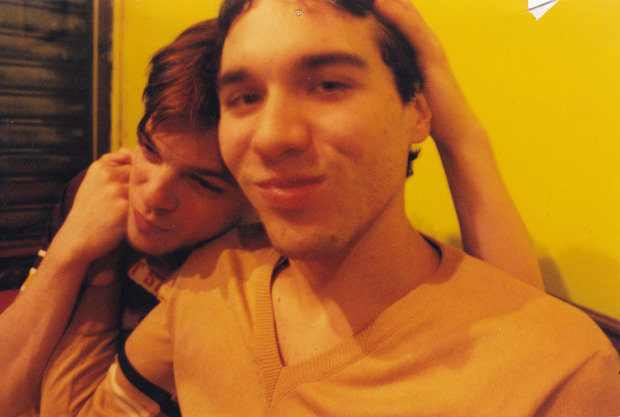
When I was making it, I was probably in the most uninhibited place in my life, in terms of creating something.
How did you go about selecting every image, sound and video that ultimately made its way into the work? It’s astounding the amount you culled.
The thing is, when I was making it, I was probably in the most uninhibited place in my life, in terms of creating something. I was working odd jobs. Making the film was very private and cathartic. There was no objective for this to be a film that would go out into the world. I wasn’t thinking about rights and clearances and all the analog clips that I was dubbing from VHS to High 8 into the iMac clamshell. I wasn’t thinking about the consequences. I was freed. There wasn’t anything premeditated at all about making this film.
There was no premeditation of imagery, but the general sense of creating a mixtape. I wanted to curate the structure and the story of what eventually became a three act piece. Started by laying down the music structure first. I began writing in really small print on “while you were out strips.” I remembered in my mind’s eye what I had acquired (materials-wise) up until that point. They were all on tapes, there was no logging system. Even the photographs used were not scanned, they were videotaped on a wall with a lightbulb. The product of being the archivist and the pack rat I taped them to have them. They’e amazing to think about now. I would start with a song, import footage and scrub through it and let whatever the song was doing emotionally dictate these various montages.
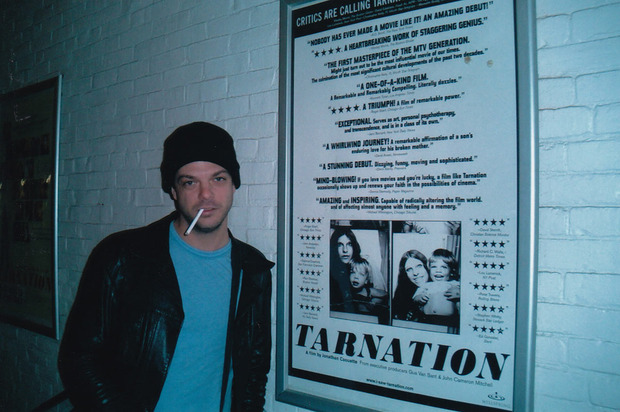
The backstory, the technical nuances—I think—are just a million times more interesting than the conversation about the film itself.
Looking back at the film, as a filmmaker with 10 years more experience, would you have done anything different?
I probably wouldn’t have made the film if I waited until now. Or in the same way. Had it been made today, frame by frame, with everything that has happened, and all those accolades and championships—like John Cameron Mitchell and Gus Van Sant stepping into Executive Producer roles—I don’t know if the film would do what it did back then and resonate in the same way. I feel very grateful that the film was able to be made and how it was able to be made. The backstory, the technical nuances—I think—are just a million times more interesting than the conversation about the film itself. There’s so much backstory to how this film happened.
How did you step away from a project as deeply personal as this, and move on to what came next?
It’s so strange because I think at some given point, there’s just a defense mechanism within myself. I had to remove myself from it as soon as I felt that I comfortably couldn’t. There was this dissociative sense of needing to make the film, do it objectively as a filmmaker while severing my emotional attachment to it at the same time—while having various notes from friends that I had shown it to over time was also helpful. I still kind of get butterflies now about the film and it’s been a very emotional journey—a very strange journey. When I was making this it was private and cathartic and had no intention at all. I couldn’t have foreseen what would happen. The easiest answer to that is that you just keep making films.
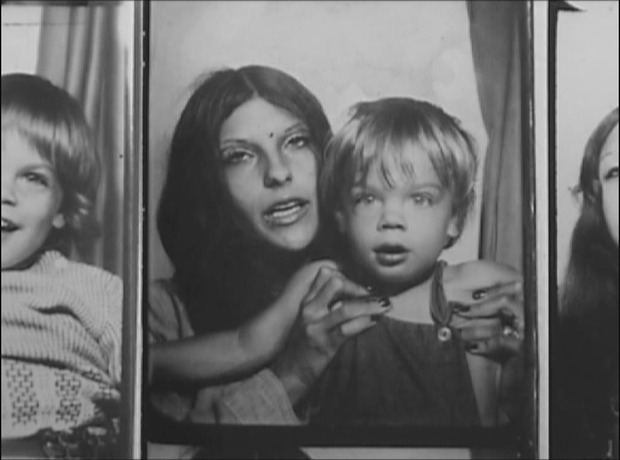
What motivated the follow up film, “Walk away Renée”?
This was the alternate reality version of “Tarnation,” using the same aesthetic but telling a different story. The crux of that story was supposed to be these opulent DVD extras for this 10th anniversary, but it ended up becoming more of an ambitious thing and then its own self-contained film. Having paid homage to the same sort of feel as “Tarnation” it didn’t in fact make the same kind of impression on people that “Tarnation” did. It’s a very different film, mind you. The note to myself which I learned: there is a time and a space for everything.
And what are you going to be doing with Brooklyn’s Wythe Hotel?
I met a wonderful filmmaker John Leone and got to know his wife. She contacted me recently and they were wanting me to be a part of their film milieu. Specifically, for gay pride in June I will be curating a film series at the Wythe, some of it might encompass short films. There will be installation loops I am putting together and some features showing as well. I just did an experimental series there—as a one-off thing—to test the waters and it worked out really well. I just think it’s one of the coolest places to have popped up in a while.
Tickets for this Friday’s “Tarnation” screening are available online for $13.
Images courtesy of Jonathan Caouette
